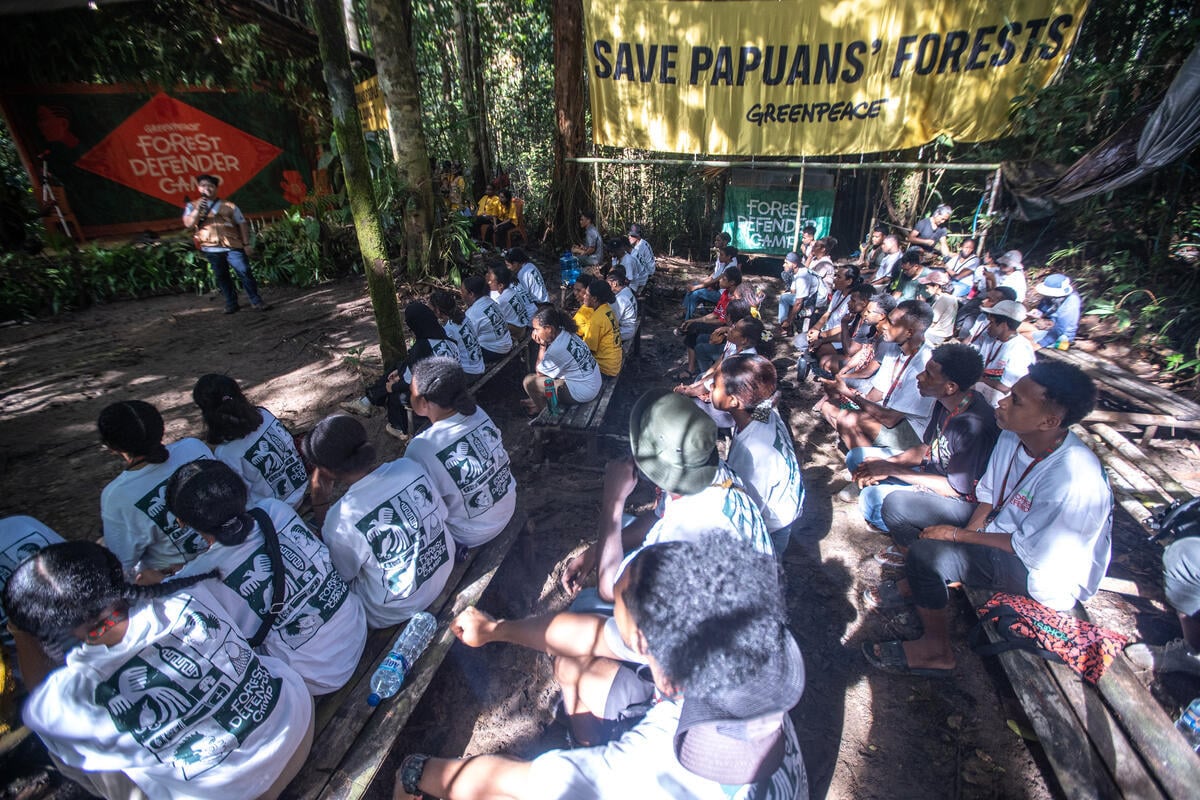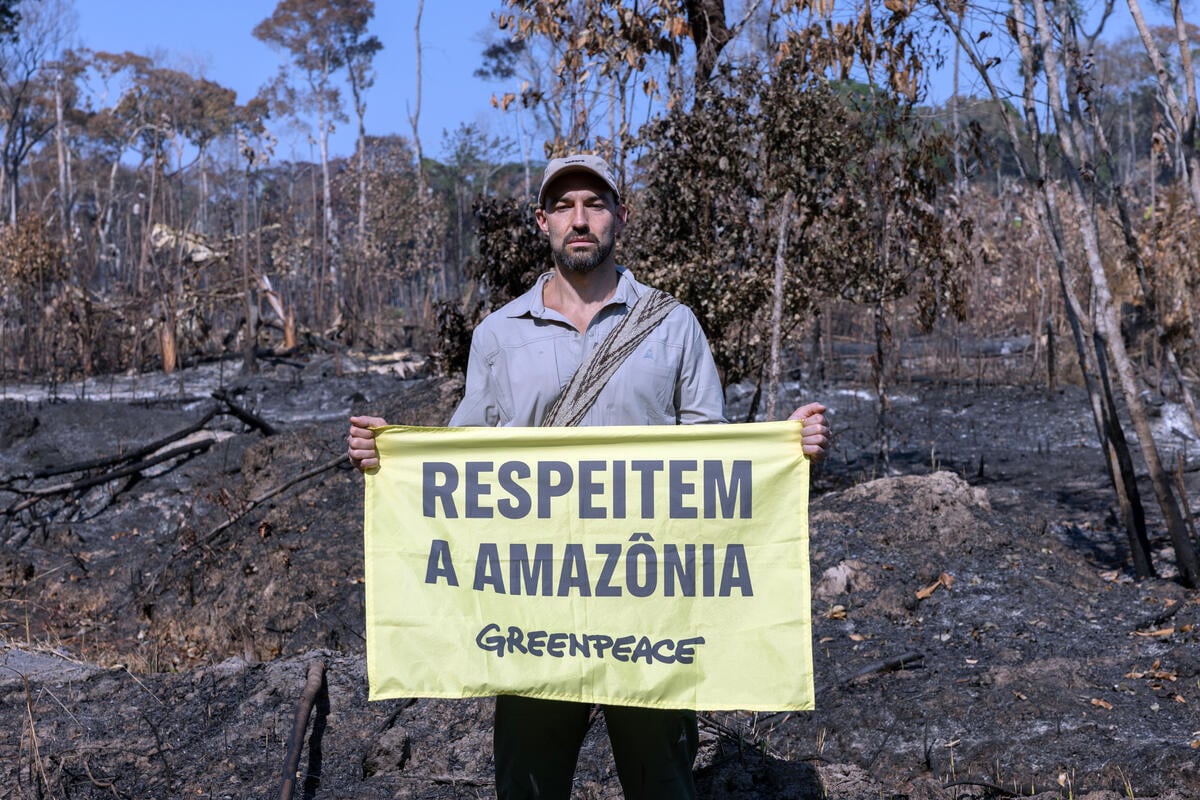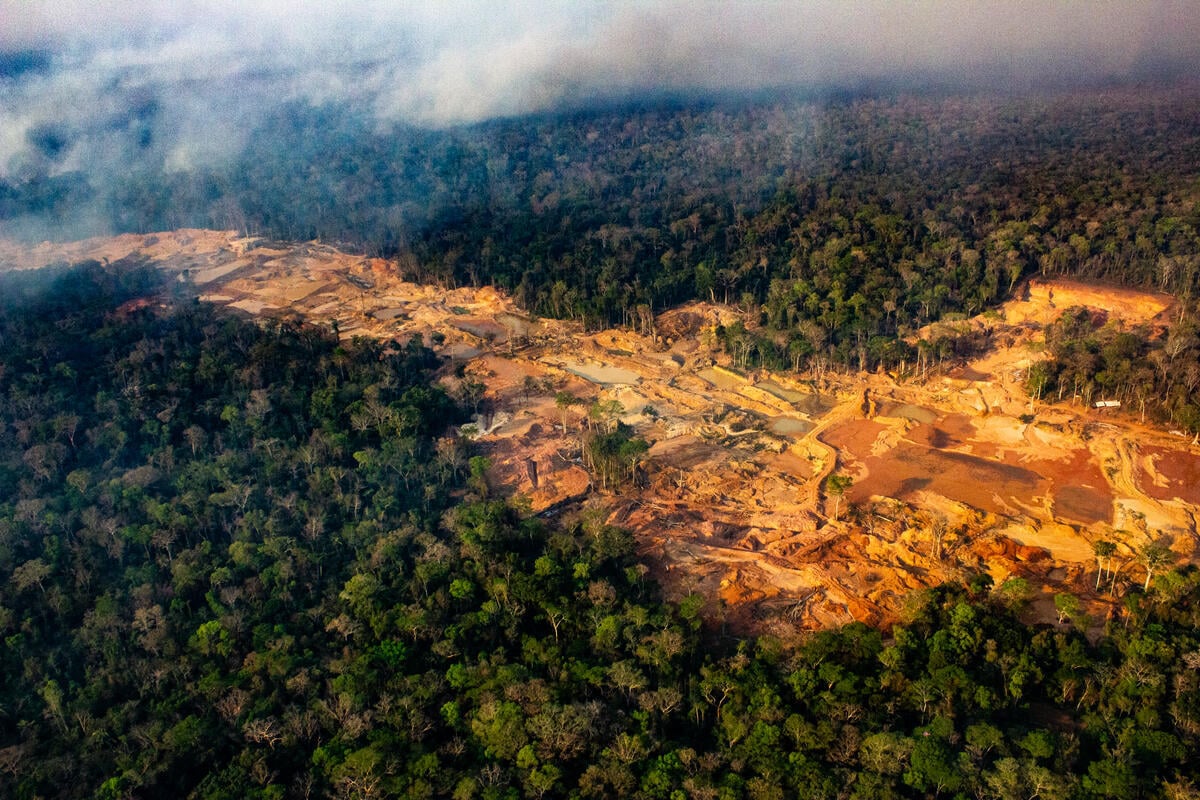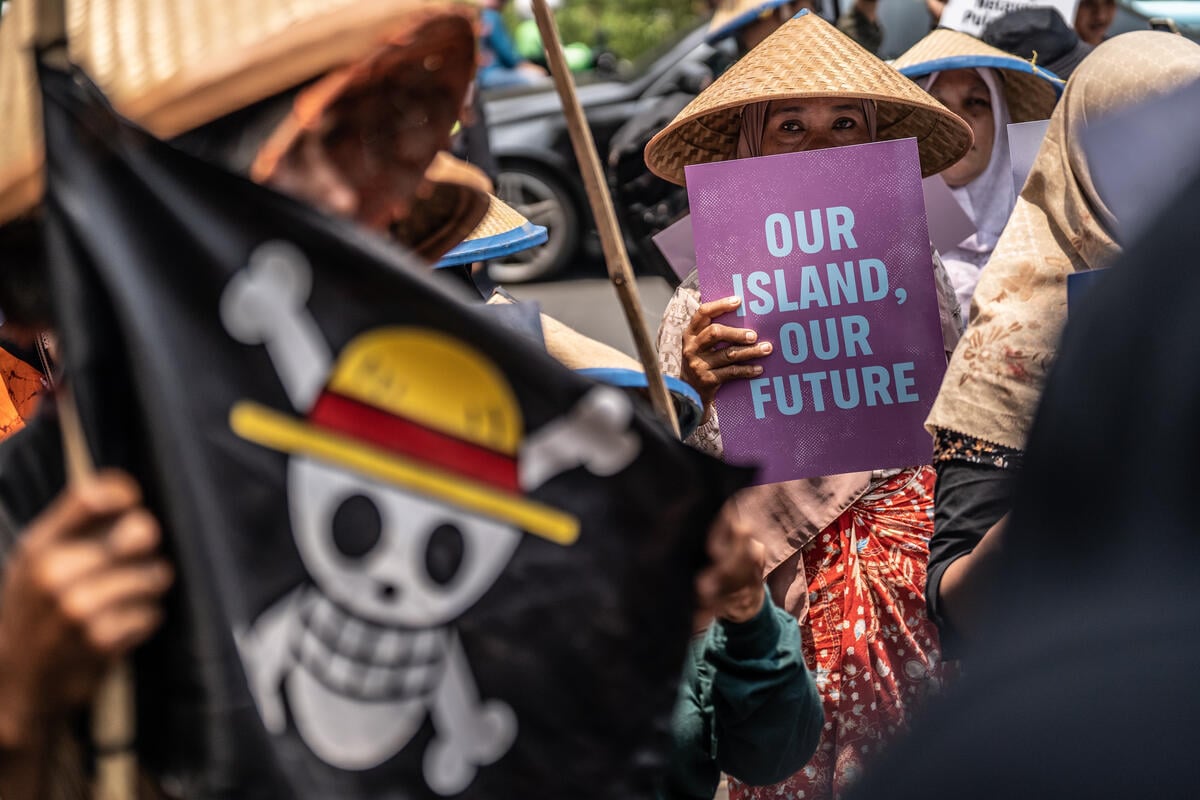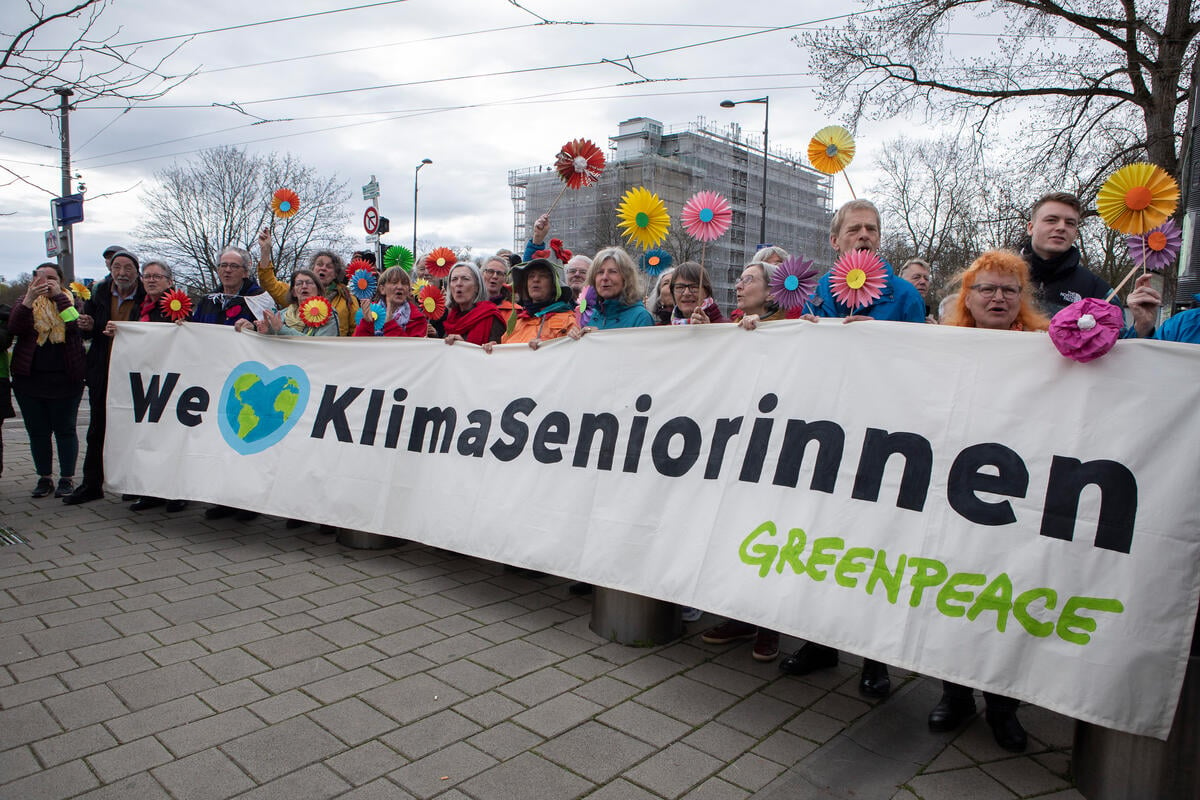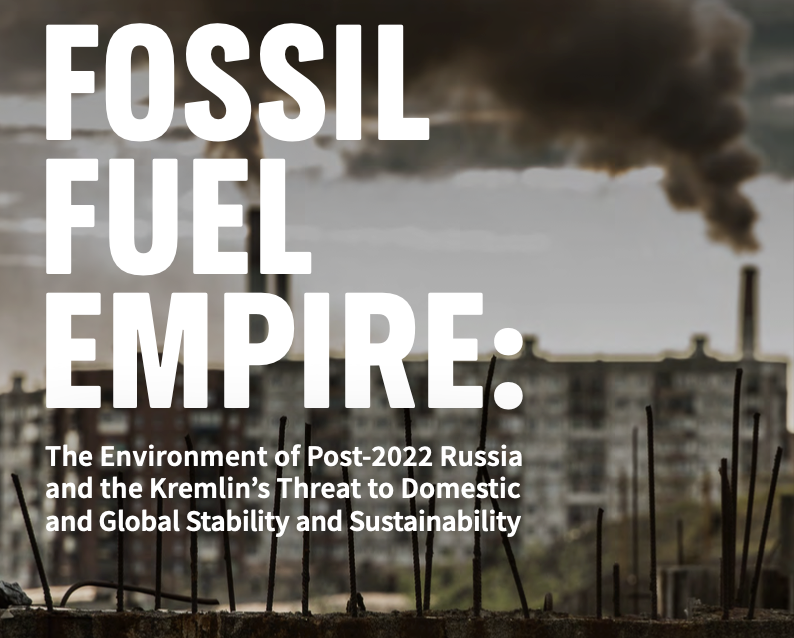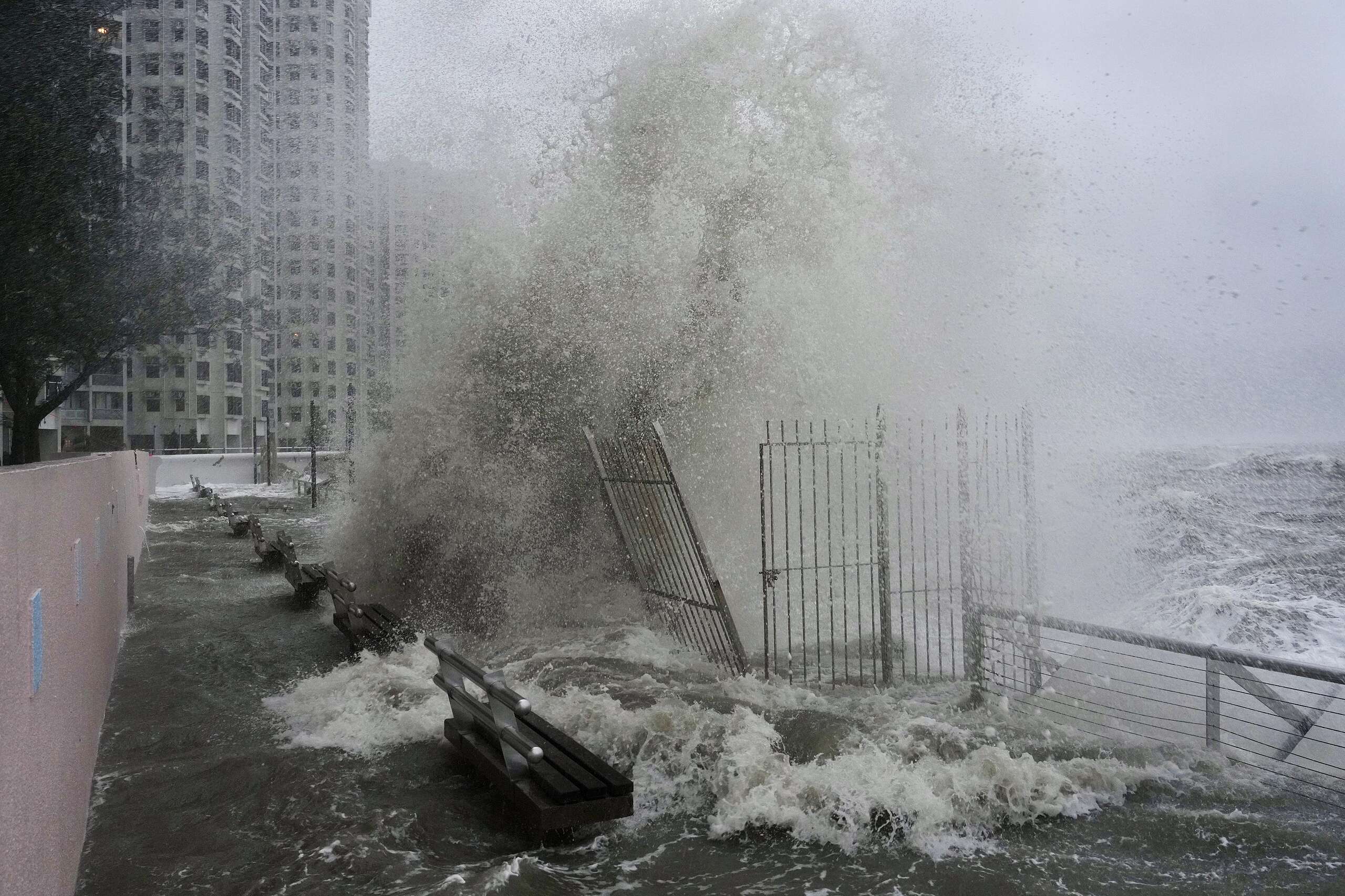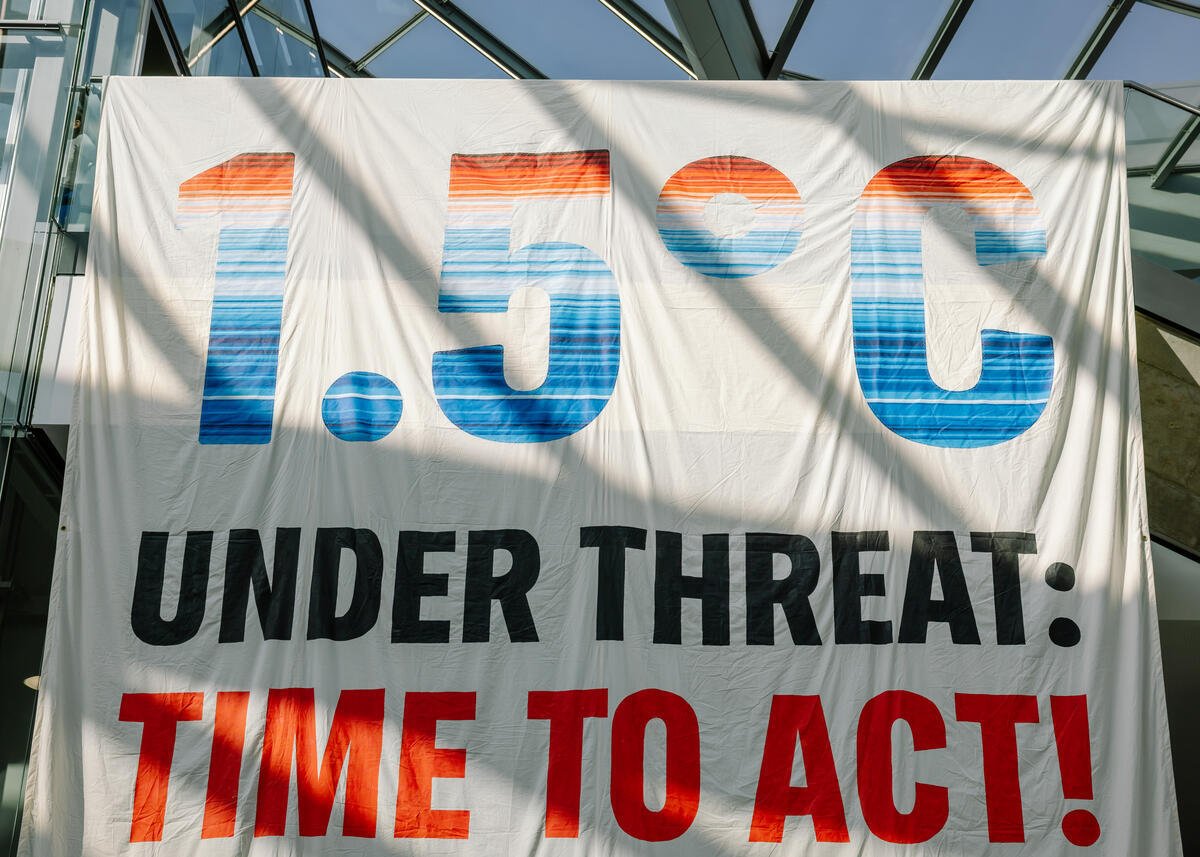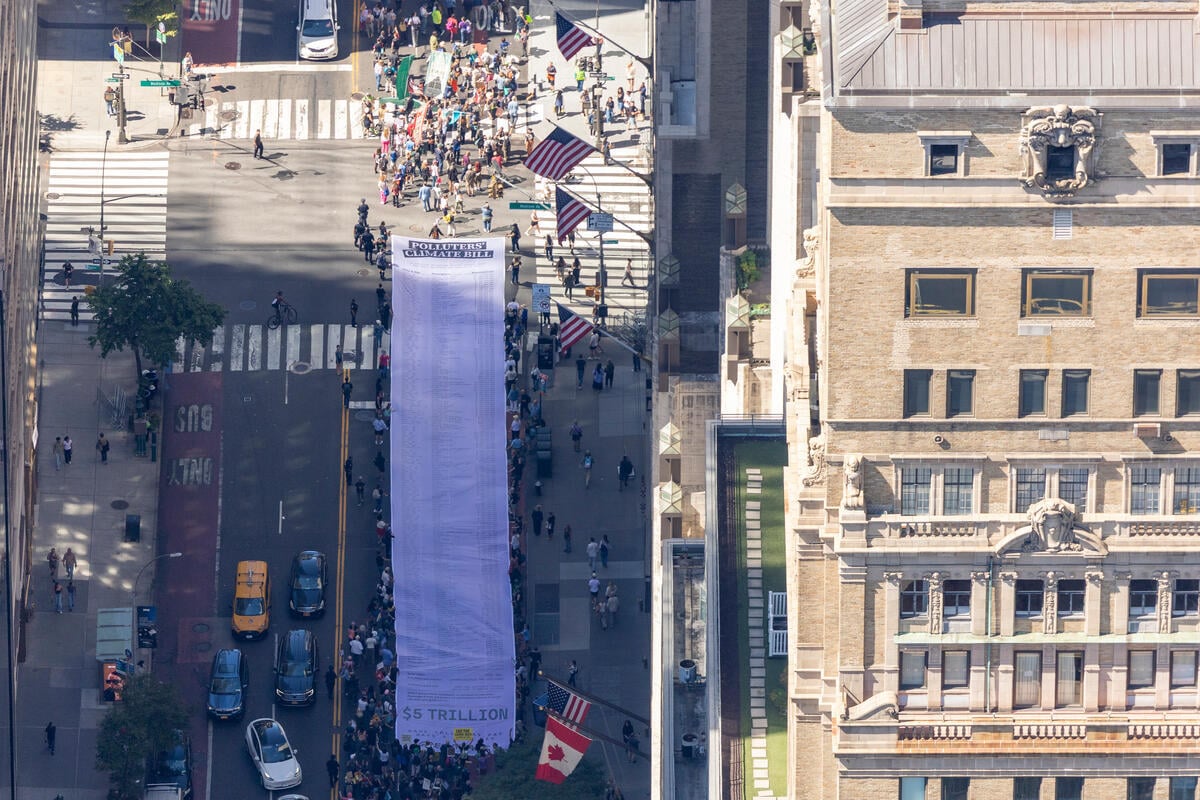-
Indigenous youth are rising: Across tropical forests, a new generation speaks with a unified voice
Deep within the forest of Sira Village, West Papua, nearly 100 young Indigenous Leaders gathered for a Forest Defenders Camp.
-
European human rights court sets climate limits for the oil industry
The ruling establishes new, binding legal obligations that will reshape how governments approach fossil fuel development.
-
Cooking the Planet: Leo Morán in the Amazon
Chef Leo Moran joined Greenpeace Brasil on a field trip to the Amazon. More on what he witnessed in his own words.
-
9 out of 10 people think protecting forests is critical. Here’s what you can do to stop forest destruction!
We just got the results from a global public poll and it’s good news for the planet
-
Greenpeace Pictures of the Week
From sinking islands to giant barrels, here are a selection of images from our work around the globe over the past seven days.
-
Fossil Fuel Empire: The Environment of Post-2022 Russia and the Kremlin’s Threat to Domestic and Global Stability and Sustainability
A groundbreaking report created from outside Russia following a Kremlin crackdown on civil society following the 2022 full-scale invasion of Ukraine shows Russia is locked in a spiral toward terminal war economy of fossil fuels, state oppression and bloody aggression. The report also sends a defiant signal following a Kremlin crackdown on environmental and human…
-
Photos: Impact of super typhoon Ragasa
Super typhoon Ragasa, the world's most powerful tropical cyclone this year, made landfall in southern China.
-
UN Climate Summit: Global cooperation persists despite Trump, ambition and urgency lacking as eyes turn to COP30
Leaders of world’s biggest polluters failed to signal they are prepared to rapidly step up action to close the 1.5°C gap at UN Climate Summit in New York.
-
Greenpeace USA unveils giant “bill” with the economic damages brought on by five major oil and gas companies at NYC Climate Week
Greenpeace activists deployed a giant “Climate Polluters Bill” while marching in a mass demonstration on the eve of the UN General Assembly.

